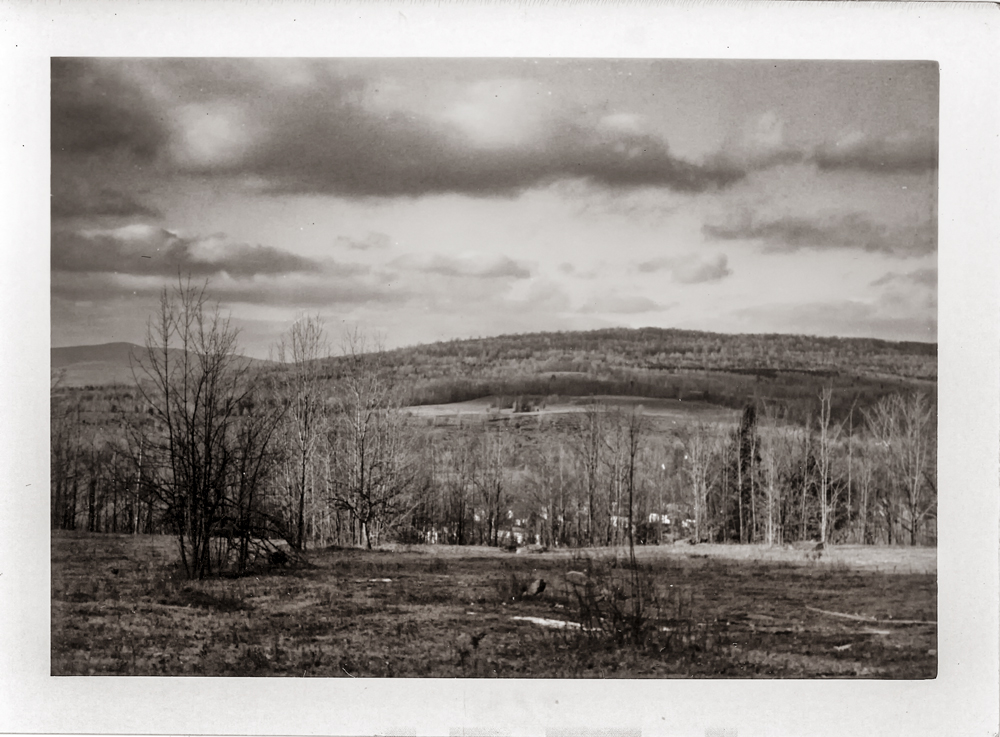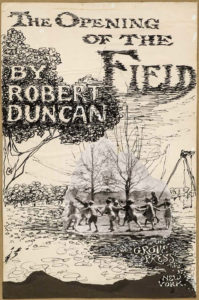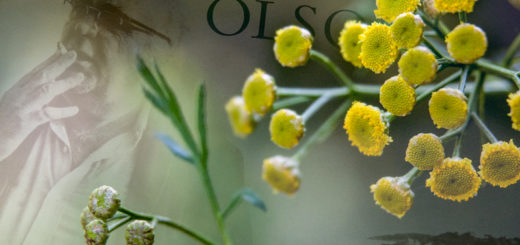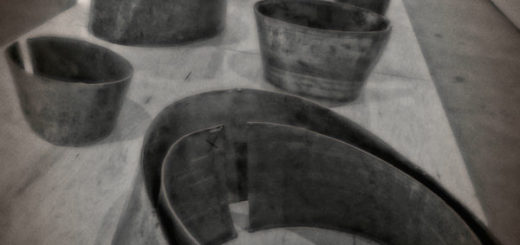Create Meadows and Get Rid of Unruly Brush
Often I am permitted to return to a meadow
as if it were a scene made-up by the mind,
that is not mine, but is a made place
–Robert Duncan (1919-1988)
I just spent another fine spring day cutting down trees. And hauling brush. I’m trying to restore a meadow behind our house here in the Catskill Mountains. The meadow was there when I was a kid, but over the years it fell victim to the dark side of ecological succession. It became woods. Dark woods. I don’t know about you, but I’m well past the sunny days of youth, when dark woods can seem attractive. Give me a bright meadow for the picnic that will be my golden years.
So now I’m sitting in my study, dog tired. I was planning to write something of substance–what’s it matter?–but I don’t have the energy. Maybe I’ll read. No, I’m too tired to concentrate on the poetry, philosophy, or tales of heroic collies that usually entertain me at day’s end. Instead, I’ll just flip through this power equipment catalog that arrived in today’s mail. I open it to a photo of an impressive brush mower. The brush mower is painted fire engine red. In big bold letters above the picture are the words: “Create Meadows and Get Rid of Unruly Brush.” I could use one of those brush mowers, both for behind the house and editing my prose.
All this meadow talk brings to mind the poet Robert Duncan. Years and years ago, he came to give a reading at the University of Maine, where I was a student. Somehow I wound up being the one to give him a ride down to the Bangor Airport when it was time for him to go home to San Francisco. It was a cold winter morning in eastern Maine, the usual foot or two of glacial ice on the ground. Robert Duncan’s flight was delayed a couple hours.
Out of the blue he turns to me and says: “I don’t like sitting in airports all by myself. Stay and I’ll buy you breakfast.” So I stayed. Over breakfast he talked for two hours straight about the poetry books he was cataloging for a library in San Francisco. What did I know about San Francisco in those days? He told me a little about the poetry books themselves, but mostly he gossiped about the poets who wrote those books. He knew them all. I wish I did. And I wish I could remember what all Robert Duncan said on that cold winter day in 1982 at the Bangor Airport. But I can’t. At the moment, I’m not permitted to return to that meadow.




